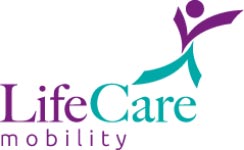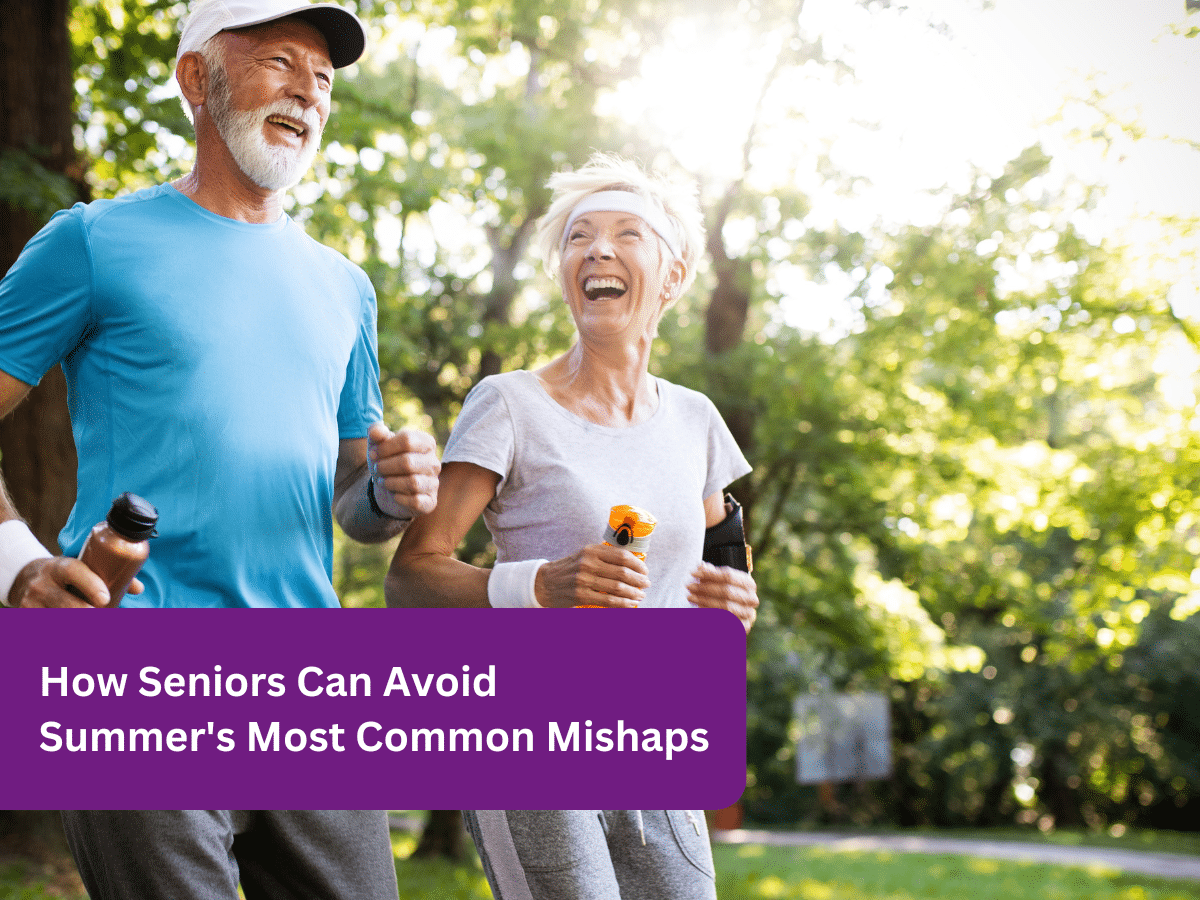
There has been a lot of talk about the concept of “getting old” lately. Discussions about time and how much we all have left has been a hot topic in many social circles. The recent passing of NBA legend, Kobe Bryant, his daughter Gianna and seven of their friends in a tragic helicopter accident has played a big role in sparking these discussions. The truth is that none of us know how much time on Earth we have.
Perhaps, we really don’t know how “old” we are.
If you look at the concept of “oldness” as the number of years you have left in life, then it’s pretty much impossible for any of us to know what are true ages are. If you consider the fact that Bryant was 41 at the time of his passing, you could argue that, at age 40, he was very old. In other words, he was close to the end of his life.
The way we see it, this topic of conversation is not meant to bring about a sense of dread amongst those who participate in it. Instead, it should encourage us to acknowledge an important character trait we all should live with: freedom to be happy. Perhaps, this is less a character trait than it is a simple way of living. Living each moment happily, because each moment should be cherished, is arguably a great way to stay “young”.
Age is defined differently by everyone.
As Wired.com points out in their “The Future Of Getting Old: Rethinking Old Age” article, studies show that people begin to say they’re old when they turn 60. Others believe that “old” is more about lifestyle changes. The article points out that depending on your age, the term “old” has a different meaning for you.
“While most 18-29 year olds say forgetting names is a sign of old age, less than 50 percent of those older than 29 consider it a sign of aging,” reads Wired.com, “Having grandchildren is also something that younger people see as an ‘old’ characteristic, but older individuals may not. The number of years we’ve lived, it seems, isn’t necessarily a reliable indicator for how we’ve aged.”
For many, “old” is relative to mobility issues.
How often have you uttered the phrase “I’m getting old” after experiencing a pain in your back or a cramp in your legs? As soon as you begin noticing a decline in your ability to be physically active or an increase in the amount of pain you feel after being physically active, the whole “old” concept starts settling in, doesn’t it? This is why, as Wired.com points out, there has been increased emphasis on health and wellness in our society – and millennials are leading the way.
“In one survey, 47 percent of millennials reported they changed their habits to eat more healthy, and a majority exercise at least once a week,” reports the article, “But that doesn’t mean older generations aren’t concerned with health, too. Many Gen Xers and Baby Boomers place similar emphasis on health attributes of foods as their millennial counterparts, for example.”
At LifeCare Mobility Solutions, we proudly offer a wide range of high-quality mobility solutions to assist the lives of those with mobility issues – no matter how “old” they are. For more information, please don’t hesitate to call us at 416-267-9800 or email us at info@lifecaremobility.ca. You may also contact us by filling out the form on our Contact page!










